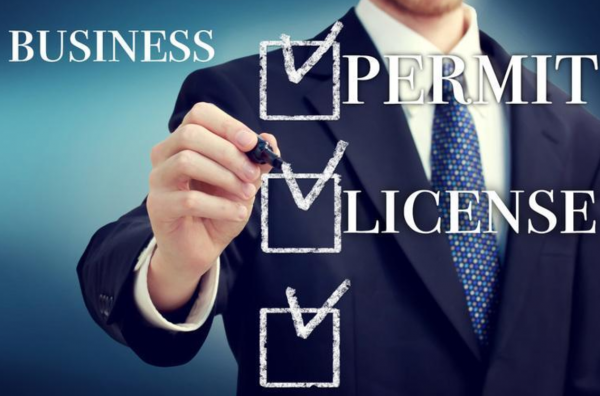Forex market is accessible to everyone. It has become a globally available opportunity for any person to try his or her skills in trading to earn on currency and securities fluctuations. However, while trading your own funds is your own risk. Doing so with public funds is a much heavier responsibility. Whom can public funds (especially large ones) be entrusted to? What license should a broker have to get access to trading? And how can you verify the authenticity of those licenses? Learn the answers here.
Forex Broker Regulations
Obviously, entrusting your money to a broker is a risky business since you have no guarantees for success at all. To minimise the risks and stay on the safe side, check whether the broker is top-tier licensed or not. The highest Tier 1 licenses are issued to the top trading websites uk under US NFA, UK FCA, Swiss FINMA, Japanese FSA, and Singaporean MAS. Tier 2 licenses are also highly reputable and can be regarded as a sign of the trader’s reputation and reliability, including those issued by the European financial regulators, Australian ASIC, or Canadian IIROC.
Highly Recommended: Avoid Unregulated Brokers
Before signing any deals and transferring money to a broker, every client should go an extra mile and check the broker’s licenses and certifications. This is required to avoid unregulated brokers who bear little responsibility for reckless deals and loss of your money. Thus, guaranteeing that your trader is regulated may save your funds and relieve you from stress and fears for your money’s integrity.
The first thing to pay attention to is the place of trading company’s registration. Some unregulated brokers come from Vanuatu, Seychelles, Belize, Indonesia, and other offshore locales without strict regulation. Unfortunately, even if they promise high, attractive yields and assure you of their reliability, the fact remains – if something goes wrong, such a company may be liquidated within one day, and you will have nobody to turn to.
Hence, it is strongly recommended to check the validity of trader’s licenses and certifications, which can be made with the help of the National Futures Association (NFA) and Commodity Futures Trading Commission (CFTC) for those who trade in the USA. In the UK, regulatory bodies include the already mentioned Financial Conduct Authority (FCA) and the Prudential Regulation Authority (PRA). Check authoritative sources to find the regulator in your specific country.
Online Trading
Additional precautions and checks can be made directly at the trader’s site; check its quality, analyse its contents and verify the credentials indicated on it. Check comments and read Internet reviews from other clients. Every trader has to ensure transparency as a guarantee of its reputation. Hence, it should provide the list of its clients that you may review and even contact some of them for a reference.
Use these tips to select a proper broker you can rely on. Your money depends on it.














